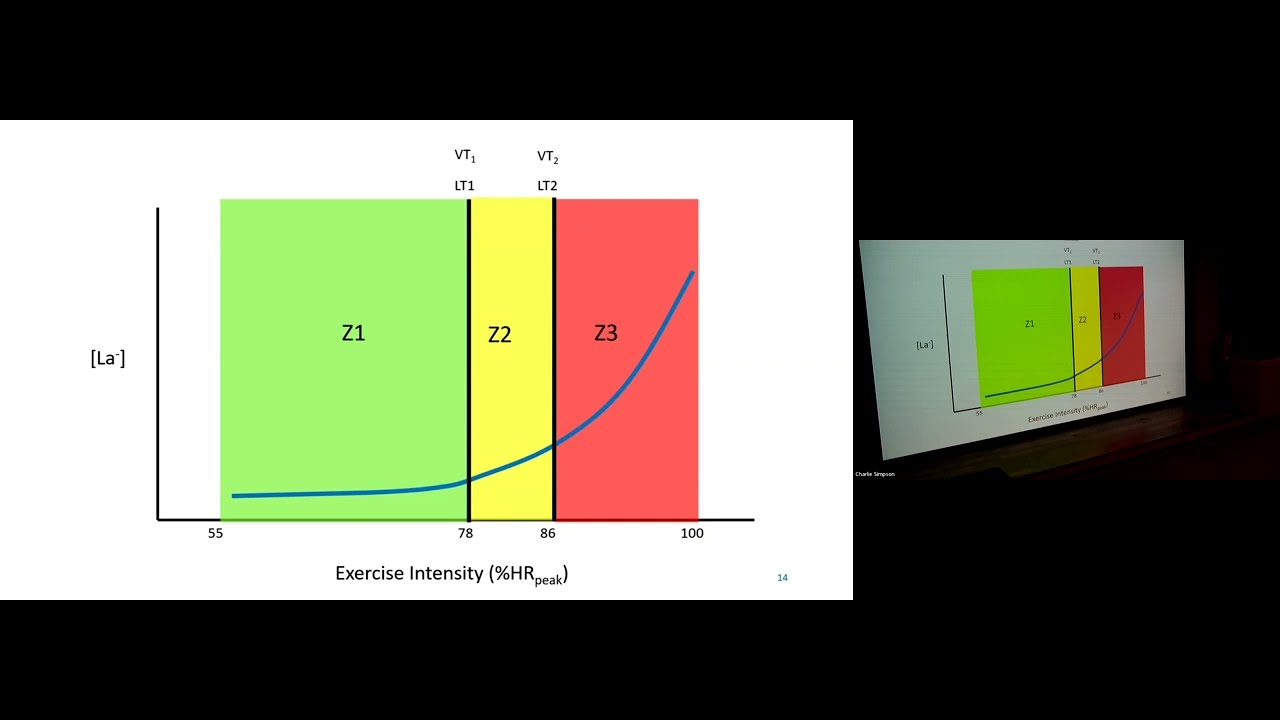I never heard that, but if it works for you that’s great! There are more characteristics than just FTP like repeatability and durability.
Repeatability is how much repeats of high efforts you can do, FTP included but more high intensity is needed as well, I guess. I love my 4h on a Sunday with 10, 15 or 20 min FTP work, but I work on VO2máx as well. If your FTP is already ~85% of your VO2máx there isn«t much more room to progress that FTP.
But yeah, pros have that FTP all the way up to 85%, that’s why they need more VO2máx work maybe. Amateurs like me, probably need to work more towards FTP and durability than Vo2Máx.
PS: Sorry for the long text but I love this freaking questions and discussions ahaha
100% 
There’s always room to build better metabolic efficiency. Keep pushing LT1 further and further out (to the right on a lactate curve).
Exactly. Keep working on the diesel engine. Everything above it improves automatically.
Yeah, me too. 
Be careful with overdoing it with vo2max training, you have to assess each person and know the type of cyclist they are. An athlete with a high vo2max is not going to increase it much more and the cost-benefit ratio can be very high and tire the athlete a lot.
My interest on VO2 max was/is due the fact I’m a 60 years old enthusiast cyclist that know VO2max declines with age and the remedy is arguably HIT.
Nonetheless I was attracted by the concept of endurance training up to VT1 and I was looking for a guidance to do both.
Tks
Agree with you! I’m now is by last block of base, doing Tempo and Sweet Spot and some FTP but less. In the build period i’m gonna be doing more FTP and Vo2max before the races.
By that, I have a question that is: What is your best pre-race week? Can you show me an example? That pre-race week is different from rest week?
@Xavier_Hipolito_Marg, a pre-race week is entirely dependant upon the condition of the athlete going into the race and the type of race. Sometimes lots of rest is required, at other times there can be a taper in volume with some spice for neurology, while at other times it might just be a normal easy training week.
Examples:
- Distance: sprint tri vs 70.3 vs full distance tri vs Ultraman;
- Health: green lights across the board vs having just recovered from anaemia.
I’ve had athletes in various situations. Personally, I’ve experienced the gamut in health and results, and in very unlikely combinations! Thus, just like in emergency medicine, the answer is “it depends”.
See if this helps, http://www.scienceofultra.com/podcasts/6
@Gato_Felix, I hear ya regarding VO2max decline. My recommendation is not to get too caught up in that hype. Focus instead on metabolic health and muscle strength. Working on those two things is 95% of the battle.
I don’t race but I follow a plan like I would in order to keep me focus.
Thanks mate! 
Amen 
Articles like these get more and more common. Why? Because it is the truth.
Imagine having a class of couch potatoes in front of you, all people chasing their ‘new year promises’. Don’t you think that it will be much more motivating to tell them that going easy several times a week, is way better then going hard once a week (and feel like sh*t the rest of week)?
This training method is not only more gentle on the body but also mentally. There is not much to know beforehand. Just go easy most of the time and go hard once in a while. Its’ easy to understand, easy to turn in to practice and a mental blessing. You don’t need to know a lot about ‘training principles’, you don’t need expensive fancy gadgets and you don’t have to worry about being a minute more or less in some obscure difficult to define zone…
Combine that with a coach that continuously tells you to go slower because you’re going to hard…
